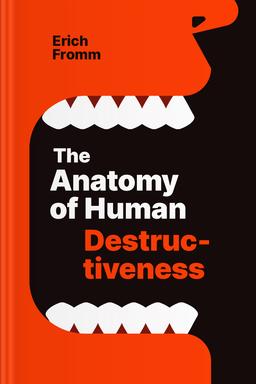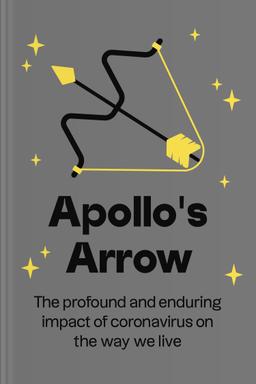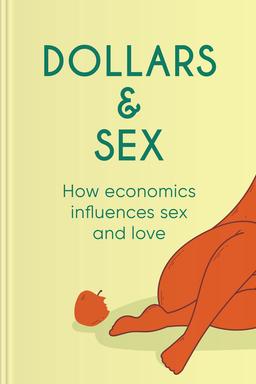What is The End of Bias about?
This book explores the pervasive issue of unconscious bias, detailing its impact on society and individuals. Through a blend of scientific research and real-world examples, the author uncovers the mechanisms of bias and presents actionable strategies for overcoming it in various contexts, including workplaces, education, and everyday interactions. The narrative encourages readers to reflect on their own biases while offering hope and practical solutions for fostering inclusivity.
Who should read The End of Bias
- HR professionals seeking unbiased hiring practices.
- Educators aiming to foster inclusive classroom environments.
- Business leaders promoting diversity in corporate culture.
What is The Anatomy of Human Destructiveness about?
This insightful exploration delves into the roots of human aggression and destructiveness, examining psychological, social, and historical factors that influence behavior. Fromm argues that inherent human drives are shaped by environmental conditions, leading to the potential for both creativity and destruction. The book challenges readers to understand the complexities of human nature and offers a critical analysis of societal influences on individual actions.
Who should read The Anatomy of Human Destructiveness
- Psychology enthusiasts exploring human behavior.
- Students studying sociology and human nature.
- Readers interested in philosophical debates on violence.
What is Apollo's Arrow about?
This insightful exploration delves into the far-reaching effects of the coronavirus pandemic on society, culture, and human behavior. Drawing on history, sociology, and epidemiology, it examines how the virus reshapes social interactions, governance, and our collective psyche. Through compelling analysis, it reveals the enduring changes that may redefine our lives long after the pandemic subsides, urging readers to reconsider the future of human connection and community.
Who should read Apollo's Arrow
- Public health professionals seeking deeper insights.
- Students of sociology and public health.
- General readers interested in pandemic effects.
What is Blindspot about?
This insightful exploration delves into the hidden biases that affect our thoughts and actions, often without our awareness. Through compelling research and engaging anecdotes, the authors reveal how these biases influence judgements, decisions, and interactions in various facets of life. By uncovering these unconscious influences, readers can gain awareness and actively work towards overcoming prejudices, fostering a more equitable society.
Who should read Blindspot
- Psychology enthusiasts seeking to understand biases.
- Educators looking to promote inclusivity in schools.
- Corporate leaders aiming to improve workplace diversity.
What is Dollars and Sex about?
This engaging exploration combines economics with human relationships, revealing how financial factors shape our experiences of love and sex. Through captivating anecdotes and research, it highlights the interplay between economic conditions and romantic choices, unpacking themes like desire, gender roles, and market influences on relationships. The book challenges traditional views by presenting love as not just an emotional experience but also an economic one.
Who should read Dollars and Sex
- Economics enthusiasts exploring love and relationships
- Students studying sociology and gender dynamics
- Readers interested in sex education and economic theory




